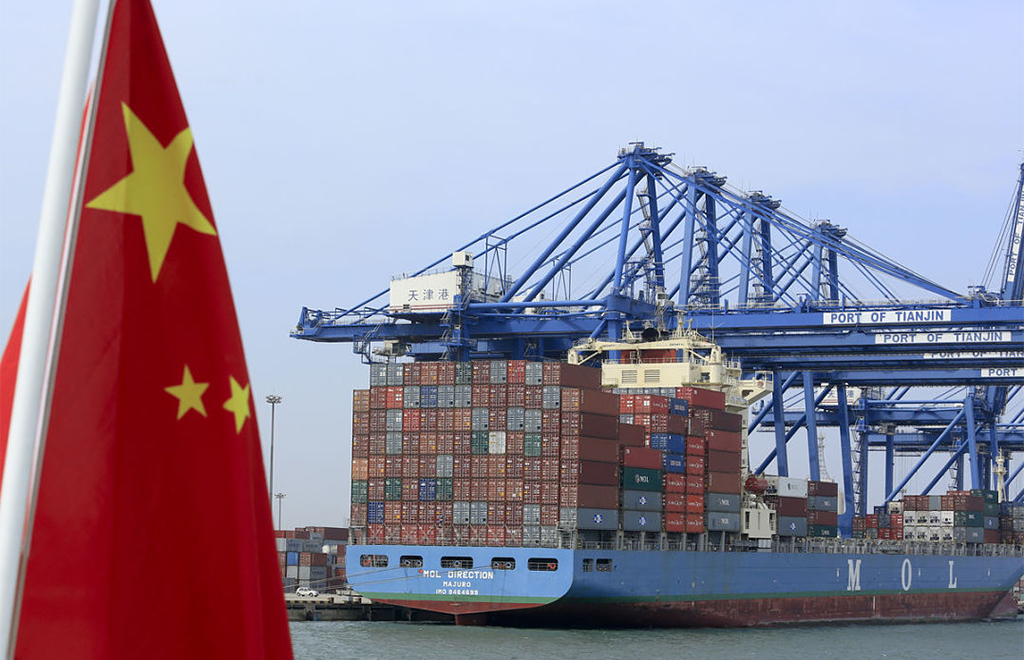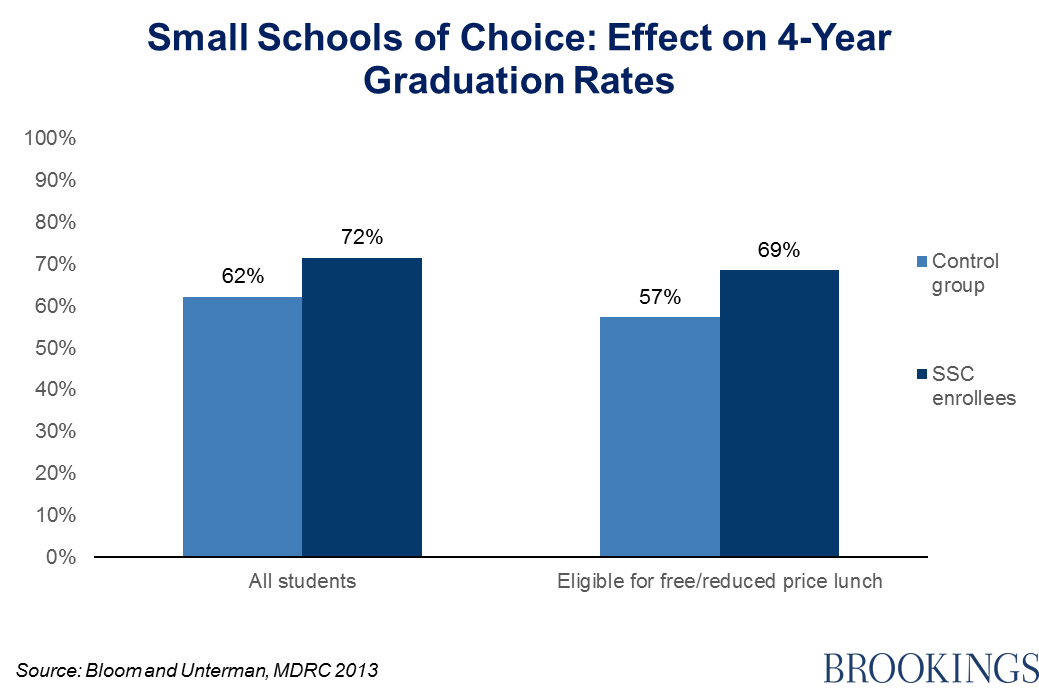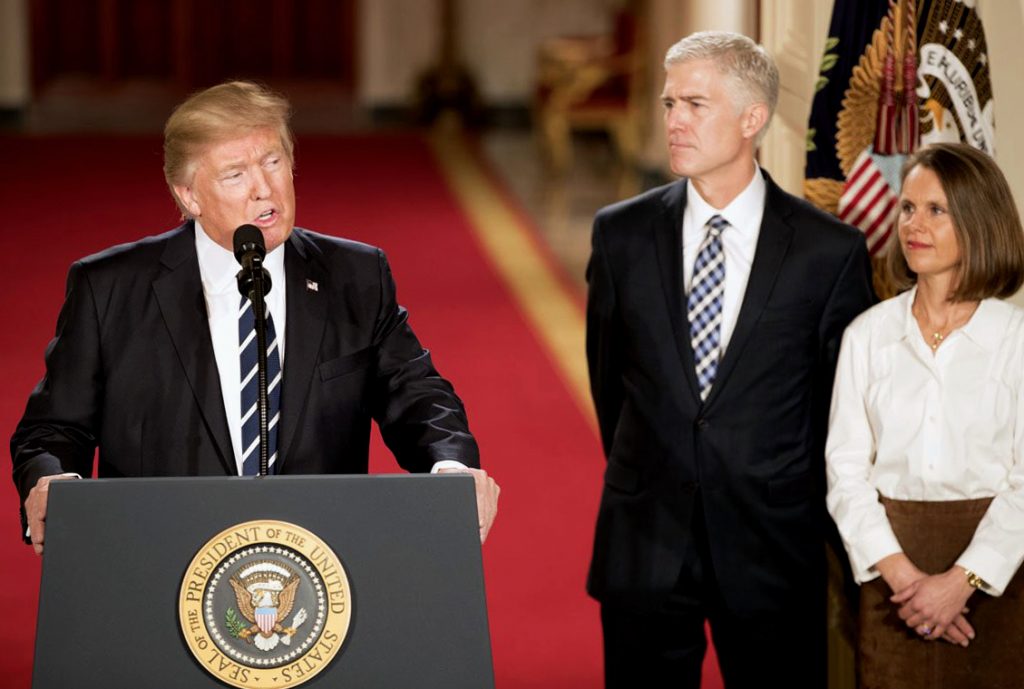
The following was an exchange between Supreme Court nominee Neil Gorsuch and Republican Senator Lindsay Graham during yesterday’s marathon confirmation hearings:
Graham: I don’t think there’s any reason to suggest you’re his [Trump’s] favorite. Had you ever met Mr. Trump personally?
Gorsuch: Not until my interview.
Graham: In that interview, did he ever ask you to overrule Roe v. Wade?
Gorsuch: No, Senator.
Graham: What would you have done if he had asked?
Gorsuch: Senator, I would have walked out the door.
This exchange is getting all kinds of coverage, and most of the analysis concludes or strongly implies that Gorsuch’s statement is a commitment not to overturn Roe v. Wade. As one example, here is Sophie Tatum’s take for CNN, where she puts Gorsuch’s statement at the hearing in the context of Trump’s promise to nominate a pro-life judge and then segues into “Gorsuch also defended the value of precedent…” This kind of analysis is making some of my pro-life friends furious and some of my pro-choice friends breathe a sigh of relief, but it’s a misunderstanding of what Gorsuch actually meant.
First, Gorsuch was not rejecting the possibility of overruling Roe v. Wade in particular or of overturning court cases generally. This is pretty clear from ths rest of his statement. After saying, “I would have walked out the door,” Gorsuch paused for a long moment before continuing: “That’s not what judges do.” So what, exactly, did Gorsuch mean here? What is it that “judges [don’t] do” and that would have prompted him to walk out on an interview with the President?
The answer is that Gorsuch is committed to rule of law, and that means that as a judge he is bound to only rule on the merits of the cases actually brought before him in light of the law and the relevant facts. To commit to the President–or to anyone–how he would rule on a hypothetical case that hasn’t even been brought yet is a flagrant violation of the judicial process that would have substituted politics for law. Gorsuch reacted so strongly not because he was defending Roe v. Wade, but because he was defending judicial process. In other words, it doesn’t matter which Supreme Court case Trump had asked about, the answer in any case would have been to “[walk] out the door.” You do not nominate anyone to the Supreme Court as a way of setting policy. You do it as a way of sustaining the Constitution. Therefore, Gorsuch’s reply here tells us absolutely nothing about how he would actually rule in a case involving Roe v. Wade other than that it would depend on the specifics of the case as it was actually argued before the Court.
Second, we still have every indication that Gorsuch is most likely an extremely pro-life nominee. The evidence for this comes from his book The Future of Assisted Suicide and Euthanasia. I haven’t read the book, but here are two quotes that I think reveal quite a lot about Gorsuch’s thinking in ways that are directly relevant to abortion. The first comes from a Vox article, I read Supreme Court nominee Neil Gorsuch’s book. It’s very revealing, and it sums up Gorsuch’s argument in the book:
Gorsuch’s core argument in the book is that the US should “retain existing law [banning assisted suicide and euthanasia] on the basis that human life is fundamentally and inherently valuable, and that the intentional taking of human life by private persons is always wrong.”
Right off the bat, this is characteristically pro-life rhetoric. For all that they are derided as merely “anti-abortion,” the pro-life movement is united in opposition to abortion and euthanasia by a commitment to the idea that “human life is fundamentally and inherently valuable.” You simply never hear the pro-choice side use this kind of language.
In terms of logic, the key here is that “human life” is a broad category, and if it is broadened to include unborn human beings, then Gorsuch’s argument against legalized assisted suicide and euthanasia also applies to abortion. This is made clear in the second quote, this one from a New York Times article:
What gives individuals such an inviolable right, he has reasoned, is a status that legal scholars call “constitutional personhood,” defined by the 14th Amendment. Under that amendment, a state is prohibited from denying any constitutional person “life, liberty or property, without due process of law,” and cannot “deny any person within its jurisdiction the equal protection of the laws.”
The Roe decision expressly excluded human fetuses from that definition. As the court put it in 1973, “the word ‘person,’ as used in the 14th Amendment, does not include the unborn.” But if the Supreme Court were ever to recognize fetuses as constitutional persons, however unlikely that might seem now, then under Judge Gorsuch’s framework, the 14th Amendment’s equal protection clause would require that they be entitled to the same legal protection as constitutional persons. Laws that prohibit murder thus would have to be extended to them.
Judge Gorsuch has said as much himself. In his book, he wrote, “Abortion would be ruled out by the inviolability-of-life principle I intend to set forth if, but only if, a fetus is considered a human life.” He noted that had the court “found the fetus to be a ‘person’ for purposes of the 14th Amendment, it could not have created a right to abortion because no constitutional basis exists for preferring the mother’s liberty interests over the child’s life.”
The real give-away for me here, again, is Gorsuch’s very broad language. When he talks about “fetus” and “person” we can infer basically nothing, but when he says “if…a fetus is considered a human life“[ref]emphasis changed from original[/ref], then we’re talking about language that is interesting in two regards. First, it is deliberately secular/scientific as opposed to philosophical/theological. This is characteristic of Gorsuch’s thinking which, according to a quote from another article at The Atlantic, relies on “secular moral theory” rather than the stereotypically religious grounds common to much of the pro-life movement. What’s more: once we’ve entered that secular/scientific realm, the question of whether or not a fetus counts as “a human life” has an unambiguous, objective, and absolutely conclusive answer: of course it is.
So let’s recap:
- Gorsuch’s comment about walking out the door if Trump had asked him to overrule Roe v. Wade was not a defense of Roe v. Wade. It was a defense of judicial process, and it tells us nothing one way or the other about Gorsuch’s views on abortion in general or Roe v. Wade in particular.
- Gorsuch’s book opposes legalziation of assisted suicide and euthanasia under an argument that he explicitly states would apply in abortion as well “if… the fetus is considered a human life,” in ways that suggest (as science dictates) that this is in fact the case.
Taken together, I’d say that Gorsuch comes across as about the most unambiguously pro-life candidate that you could possibly hope for in someone who has not ruled on abortion cases or made explicit statements about the subject. It’s certainly not open-and-shut. He’s a smart person, and smart person and capable of all kinds of weird, circuitous, unexpected twists and turns in their thinking and philosophy. He may indeed be pro-choice, but that’s not where I’d lay my money.
Final thought: I listened to parts of the confirmation hearing yesterday, and there was one exchange I have not been able to find (it was either from around 5:20 or around 8:40) when Gorsuch talked about the motivation for his euthanasia book. It came down to concern for the most vulnerable in society: the poor, the disabled, and minorities. Left unspoken was “the unborn,” but it fit so perfectly in that list–and with Gorsuch’s philosophy as I understand it thus far–that it almost didn’t need to be spoken.

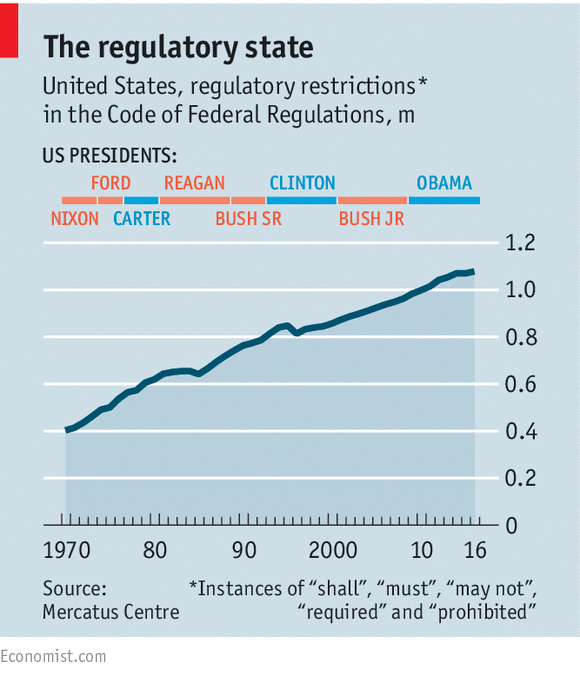
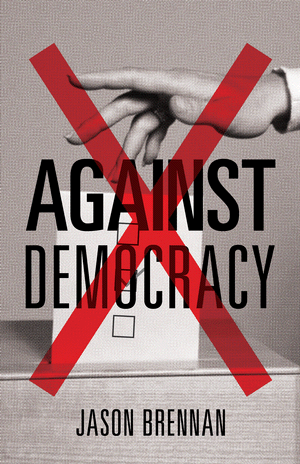 When I shared Jason Brennan’s newest book
When I shared Jason Brennan’s newest book  Some of the most interesting and infuriating things to witness on Facebook are the threads on Daniel Peterson’s wall. Peterson teaches Arabic and Islamic studies at
Some of the most interesting and infuriating things to witness on Facebook are the threads on Daniel Peterson’s wall. Peterson teaches Arabic and Islamic studies at 
